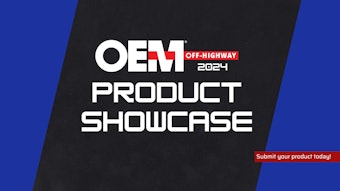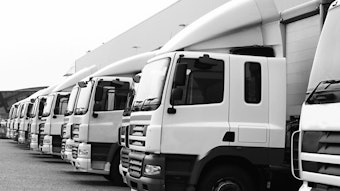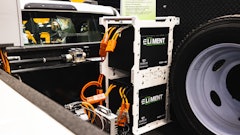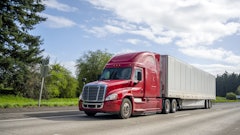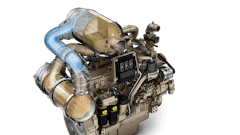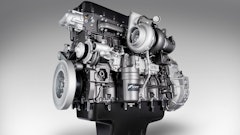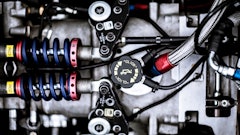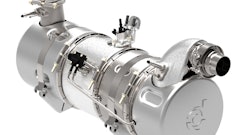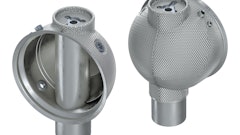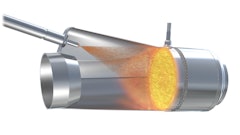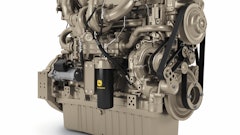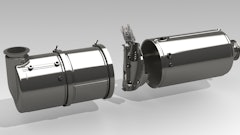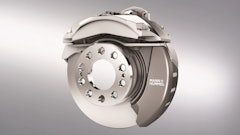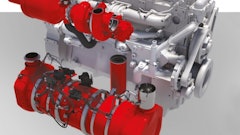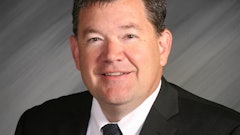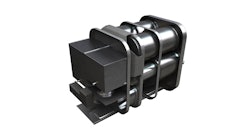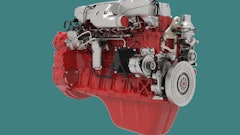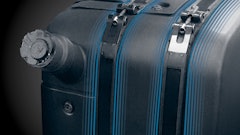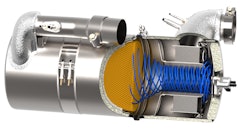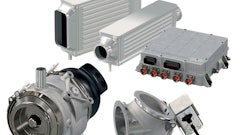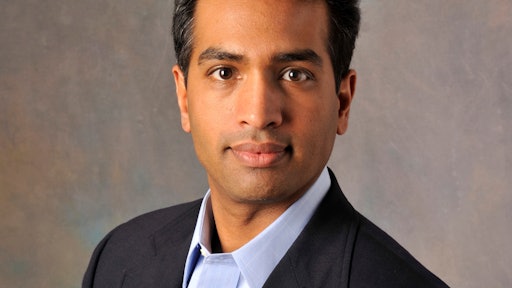
The Future of Diesel
Where do you see diesel playing a role in heavy-duty applications in the long run?
At Tenneco, as we look ahead at heavy-duty applications, we very much anticipate diesel powertrains playing a continued role for commercial truck, off-highway and industrial power applications. Industry forecasts are showing that more engines will come under regulation between now and 2030 than are regulated today, and that markets like China and India will account for more than 60% of global growth through 2030. As these global regulations evolve and continue to increase in complexity, we have a suite of solutions ready to support the increased emissions requirements our customers face.
Automation Advancements & Smart Systems
How does your company contribute to autonomous systems development and success?
Autonomous driving in the off-highway space is not an entirely new concept, for example, large mining applications have been driverless for several years. We feel our ride performance technologies and product strategy directly aligns with autonomous trends in the mobility industry, and we are well-positioned to support these future market needs. We see our developments in active suspension having a role to play as commercial trucks move into the world of autonomous vehicles.
Challenges & Opportunities
What new challenges have arisen that effect the way you design or manufacture your product? How you do business? How you go to market? How you differentiate yourself from the competition?
Providing world-class Ride Control and Clean Air technologies is an important component of our business but by no means the entire solution for our customers. For our Clean Air business, we must be in alignment with our customers on their current and future strategies to meet regulatory requirements and serve as turnkey system integrators to support them with solutions that fit the needs of today – and tomorrow – for any global market.
A good example of this are the Stage V off-highway emissions regulations in Europe. Particulate Number (PN) requirements there are driving the need for the use of particulate filters in the aftertreatment system. OEMs are now challenged to integrate that technology into an existing Stage IV system in order to remain compliant
Tenneco’s diesel particulate filter (DPF) solutions can be easily integrated into an existing package, without compromising the aftertreatment design. We’re also investigating technologies like SDPF, which combine the selective catalytic reduction (SCR) and DPF functionalities into one substrate , enabling filtration without the need for an additional substrate, thereby allowing the Stage V aftertreatment system to fit into existing packaging envelopes designed for Stage IV aftertreatment systems.
What is your company’s opportunity to impact the marketplace with a unique product, capability or offering?
Tenneco’s greatest asset is its ability to serve as a turnkey solutions provider, delivering aftertreatment hardware while at the same time, helping our customers integrate these solutions into their existing aftertreatment designs. For example, the new concepts recently shown at the North American Commercial Vehicle Show in Atlanta for a low-cost integrated urea dosing system will help power solutions for China and India as they implement National VI and Bharat VI standards. Additionally, in India, Tenneco is developing a flexible architecture for SCR systems to adapt quickly and deliver cost-effective solutions for multiple vehicle platforms.
The Global Landscape
What are your regions/markets of interest for expansion or investment you are looking at for future opportunities?
We see the biggest opportunities in the Asia Pacific region, with a growing number of regulated engines in commercial truck and off-highway applications and emissions requirements continuing to drive the need for aftertreatment technologies that can reduce emissions and clean the air. As previously mentioned, with more engines anticipated in this market in the next decade than on the road today, Tenneco has and will continue to respond to the demand for new technologies in these regions.
Tenneco is also actively investing in building our capabilities to engineer and produce cost-competitive, cutting-edge products that support these regulations. We recently expanded our engineering facility in Chakan, India and are planning for significant additional investment there to upgrade and expand our manufacturing and engineering facilities by 2020 to meet demand growth for upcoming Bharat VI regulations.

